As you age, your body undergoes specific changes that affect how it processes food. While you may be aware of what to eat to maintain a healthy weight, prevent certain diseases, and boost overall health, many aren’t as familiar with the foods to avoid after reaching a certain age.
Eating a balanced diet filled with whole foods that provide essential nutrients, vitamins, protein, and moderate carbohydrates is crucial. This can help reduce the risk of diseases, boost immunity, and maintain weight. However, certain foods, even though they may seem healthy, can be less suitable for those over 50. Here are ten foods you should consider cutting back on to keep your body in top shape.
Fried Foods

Fried foods like chicken, fries, and burgers are delicious but loaded with unhealthy fats. These unsaturated fats can lead to digestive issues and increase your risk of obesity, especially as you age. The excess calories in the form of fat can settle around your waistline, leading to weight gain and related health problems. Studies show that consuming fast food regularly raises the risk of type 2 diabetes and heart disease by clogging arteries and increasing blood pressure.
Undercooked Meats

As your digestive system matures, it becomes more sensitive to certain foods. Raw or undercooked meats, which can be harder to digest, may prevent you from fully absorbing the proteins your body needs. It’s best to cook meat thoroughly to at least 160°F to destroy harmful bacteria and ensure optimal digestion. Overcooked meat can be tough, but it’s safer and more easily processed by the digestive system.
High Sodium Foods
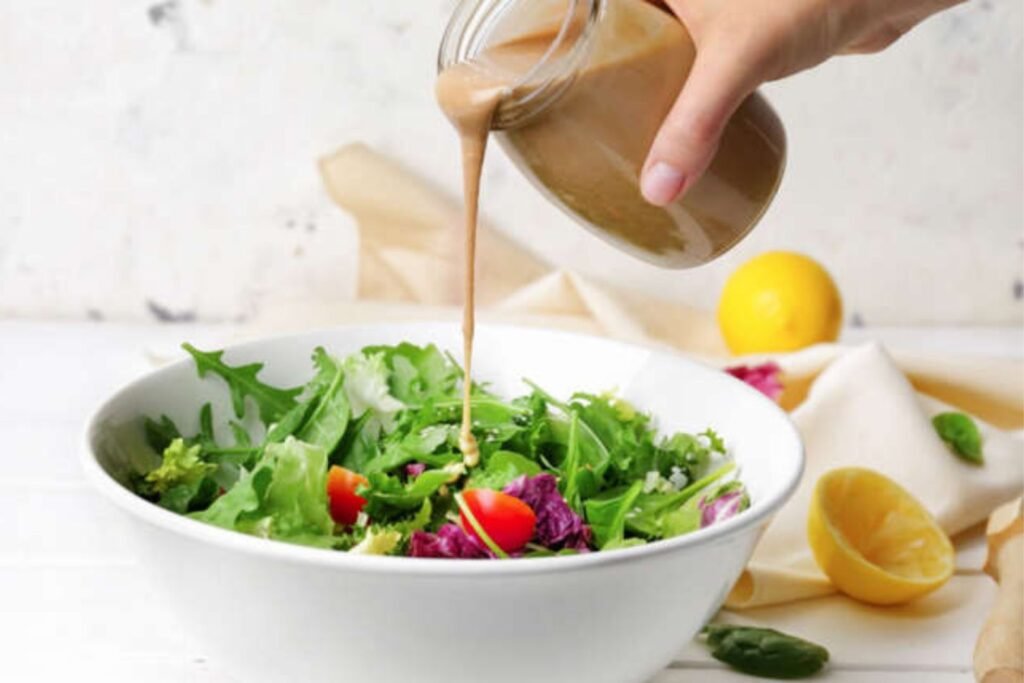
Excessive sodium intake can lead to fluid retention, high blood pressure, and an increased risk of heart and kidney disease. Processed foods like salty snacks, lunch meats, and packaged salad dressings are often high in sodium. The American Heart Association recommends limiting sodium intake to 1,500 mg per day, especially for individuals over 50. Instead of salt, try using herbs and spices to season your food. Additionally, foods like bananas and avocados can help balance sodium’s effects.
Multigrain Bread
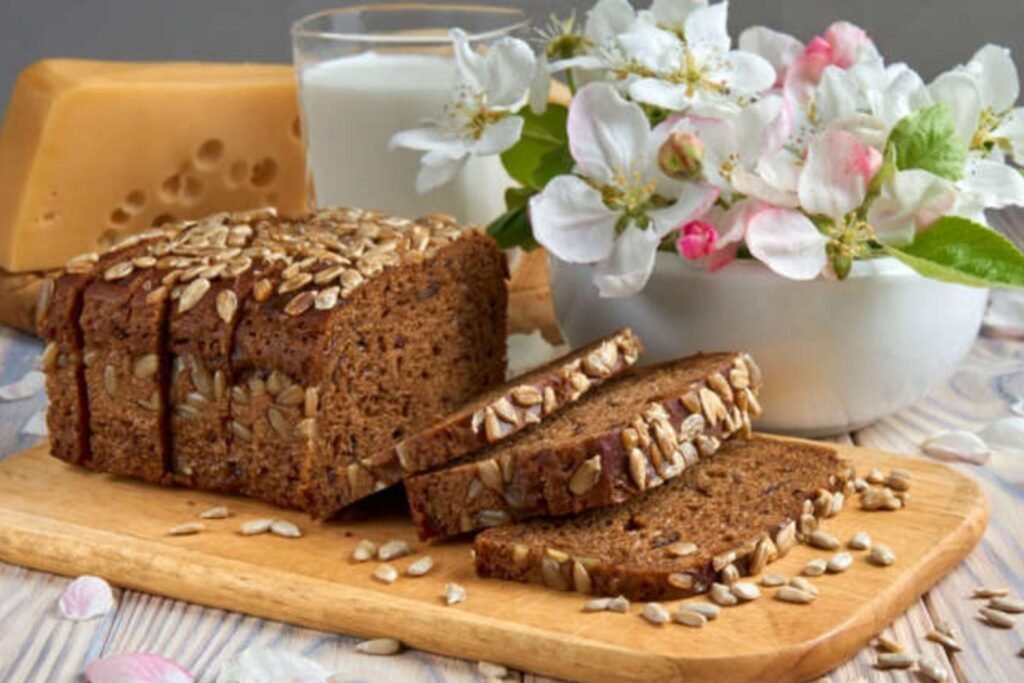
While multigrain bread is often considered a healthier option, some brands sell versions that are far from nutritious. Many contain refined grains, added sugars, and preservatives, which negate the health benefits. Always check labels to ensure the bread is made from whole grains and doesn’t contain high-fructose syrup or unnecessary additives. Opt for bread that’s truly whole wheat for the most nutritional value.
Clams, Oysters, and Mussels
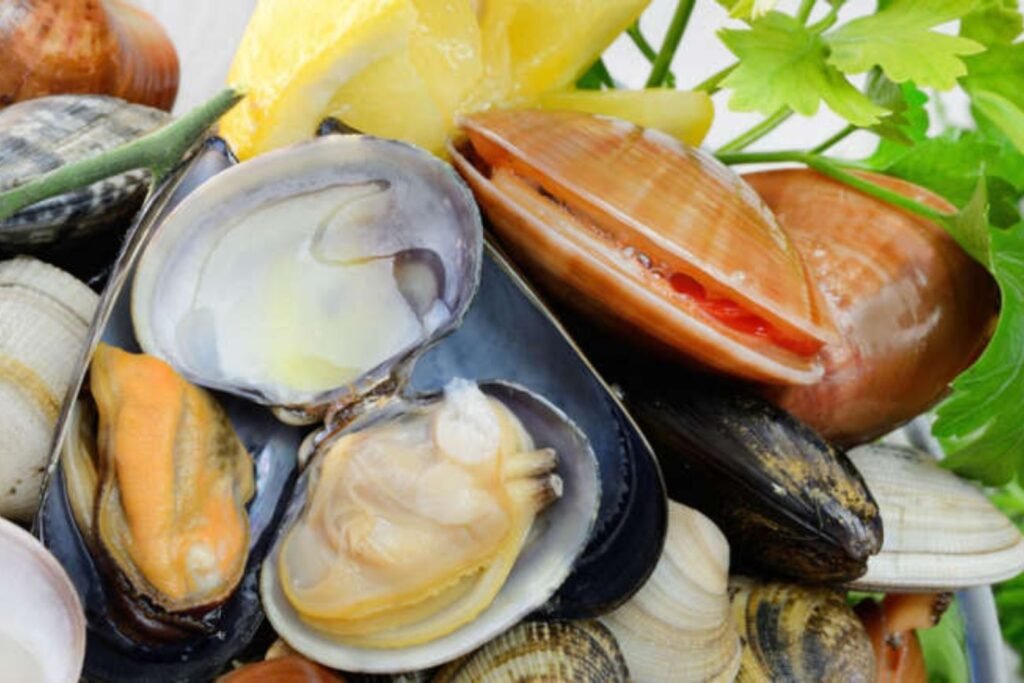
While shellfish like clams, oysters, and mussels are nutritious, they can pose health risks for those over 50. Raw or undercooked seafood can contain harmful bacteria that can lead to food poisoning, with symptoms like diarrhea and vomiting. It’s safer to choose well-cooked seafood like fatty fish, which offer the same health benefits without the risk.
Unpasteurized Products
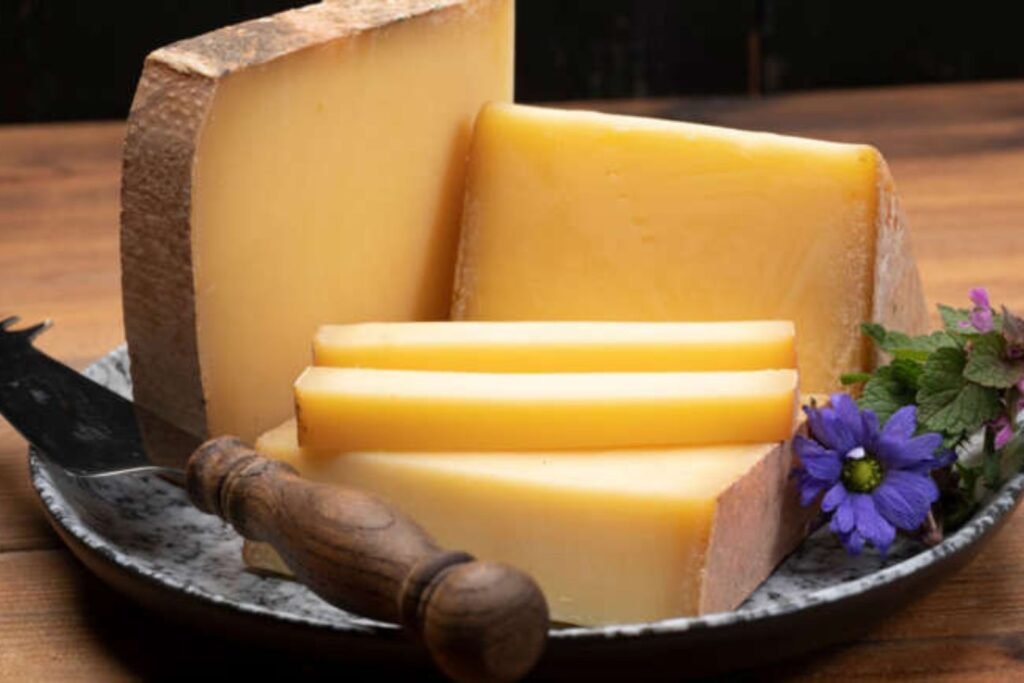
Certain cheeses and dairy products, such as blue cheese, brie, and camembert, can be breeding grounds for harmful bacteria due to being unpasteurized. While these foods are typically safe for younger adults, seniors with weakened immune systems or sensitive digestive systems are more susceptible to illness. Opt for pasteurized cheeses like Swiss or cheddar, which are easier on the stomach.
Raw or Undercooked Eggs

Raw eggs, commonly found in homemade mayonnaise, ice cream, or eggnog, pose a risk of foodborne illness, particularly for older adults. Eggs should always be thoroughly cooked to reduce the risk of salmonella and other infections. Hard-boiled, scrambled, or poached eggs are safer alternatives.
Pre-Packaged Snacks with Hidden Sugars

Many pre-packaged snacks, including breakfast cereals, granola bars, and instant oatmeal, are loaded with hidden sugars that can be harmful to older adults. Excessive sugar intake not only spikes blood sugar levels but also increases the risk of fatty liver disease, diabetes, and heart disease. Opt for whole food snacks like Greek yogurt sweetened with fresh berries or smoothies made with fruits instead of sugary packaged alternatives.
Frozen Dinners and Microwavable Lunch Kits
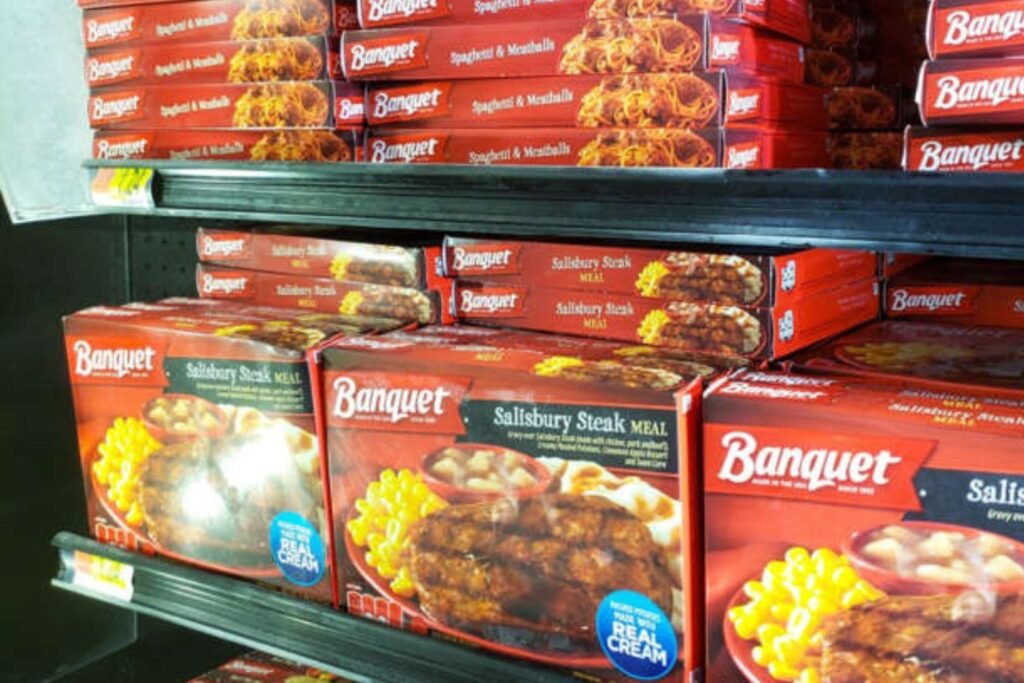
Frozen dinners and microwavable lunch kits are convenient, but they’re often packed with inflammatory oils, excess sodium, artificial colors, and preservatives like nitrates and sulfites. These additives can undermine your immunity, raise your risk of chronic diseases like type 2 diabetes, and even contribute to toxicity. Instead, try cooking fresh, nutrient-dense meals at home that incorporate a variety of vegetables, lean proteins, and healthy fats.
High-Fat Dairy
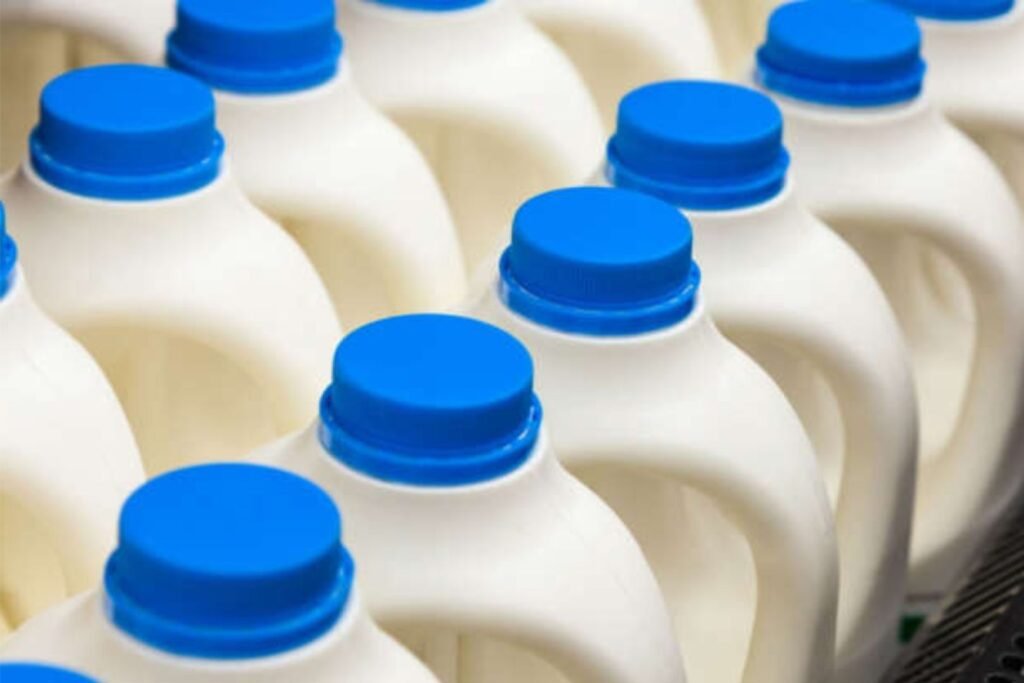
While dairy is an excellent source of calcium, full-fat dairy products can be high in saturated fats, which increase the risk of type 2 diabetes, heart disease, and Alzheimer’s disease. Studies have also linked high-fat dairy consumption to a higher risk of certain cancers, including prostate, breast, and ovarian cancers. Opt for nonfat or low-fat dairy options or switch to plant-based alternatives like almond or soy milk.
Conclusion
As you age, it’s essential to be more mindful of the foods you consume. While some foods may have been a staple in your diet before, they might not be as beneficial for your health after 50. Focusing on nutrient-dense, whole foods while avoiding processed, high-fat, or overly salty items will help maintain your health, reduce disease risk, and promote overall well-being. Always consult with a healthcare provider or nutritionist if you’re unsure about dietary changes.



